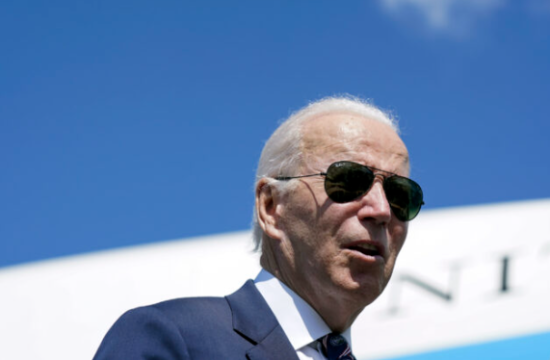Plans slated to be voted by the state this week would require that by 2035 all new automobiles sold in California be zero emission vehicles, as the nation’s largest economy propels a shift away from fossil fuels.
The California Air Resources Board (CARB) will discuss proposals this week that would codify the goals established by Governor Gavin Newsom and perhaps encourage other states to follow suit.
The proposals also contain gradual stages that will require that more than a third of cars sold in the state in 2026 and more than two-thirds by 2030 be zero-emission vehicles, according to board member Daniel Sperling, who previously told CNN he was 99.9% convinced they will be enacted.
California is the largest market in the country with more than 40 million customers.
As a result, regulations implemented there have an influence on firms’ production plans across the nation and beyond since they cannot afford to miss out.
As a result, California can effectively establish national norms.
The source of the new technology’s fuel has received little consideration, despite the push toward an entirely electric future. California still needs a solution to power the cars despite the electric fuel cell’s rising importance. The left has opposed both fossil fuels and nuclear power, which are the only remaining energy sources because wind energy looks to be insufficient.
The probable decision on Thursday follows President Joe Biden’s last-week signing of a climate bill that allocates hundreds of millions of dollars in incentives for renewable energy initiatives.
As the former president of the United States, Donald Trump, pulled the country out of the Paris Climate Accord and undid what many environmentalists saw as already meager progress in reducing the emissions of fossil fuels that cause global warming, Biden and his Democratic Party are scrambling to regain the climate policy ground they believe was lost under his administration.
Authorities from all over the world, particularly in Europe, have recently focused on the polluting vehicle industry.
By 2025, Norway wants all new vehicles to have zero tailpipe emissions.
While the European Union plans to stop selling new gasoline and diesel vehicles by 2035, the UK, Singapore, and Israel are targeting 2030.












